Bladder cancer can be challenging to diagnose. Available urine-based tests are often not reliable if there are traces of blood in the urine sample (called microhematuria), which is also associated with bladder cancer. However, even persistent microhematuria is a poor prognostic indicator, because only two to five percent of patients with microhematuria are diagnosed with bladder cancer. As a result, the majority of patients presenting with microhematuria undergo cystoscopy to rule out bladder cancer as a cause of the symptom. Cystoscopy is an invasive procedure that causes risks as well as pain for the patient. Thus, there is a significant need for a non-invasive bladder cancer screening test to reduce the number of cystoscopies.
To address this need, numares initiated a project to develop a non-invasive bladder cancer IVD test that would be run on AXINON®, a fully-integrated laboratory system based on nuclear magnetic resonance (NMR) spectroscopy. The first step in the project was to evaluate approximately 300 urine samples from patients with and without bladder cancer with the objective of identifying metabolites that could be developed into a bladder cancer-specific metabolomic network.
“Based on this analysis, we have initiated and are currently finishing the recruitment phase of our prospective validation study, BLADE (Bladder Cancer Detection using Metabolomic Evaluation of Urine and Blood), to confirm our initial findings,” said Dr. Philipp Pagel, chief medical officer of numares. “We collected urine samples from patients with persistent microhematuria who are scheduled for cystoscopy. With this program, numares pursues the European Association of Urology’s (EAU) appeal to evaluate new biomarkers in urine for avoiding cystoscopies.”
“The positive results of our retrospective analysis were an important milestone for numares as the bladder cancer test has now advanced into the next phase,” said Volker Pfahlert, chairman of the executive board of numares. “When launched, the bladder cancer test will be our second metabolomic network-based diagnostic. The first, the recently-launched renalTX-SCORE®, uses a metabolomic biomarker network to diagnose kidney transplant rejection in urine samples. Along with renalTX-SCORE®, the bladder cancer project further illustrates the power of the metabolic biomarker network approach.”
For further information please contact:
numares AG
Dipl.-Biol. Christiane Proll, MBA
Tel.: +49 941 2809 49-14
E-Mail: christiane.proll(at)numares.com
IRA WÜLFING KOMMUNIKATION GmbH
Dr. Reinhard Saller
Tel.: +49 89 2000 30-30
E-Mail: reinhard.saller(at)wuelfing-kommunikation.de
U.S.A.
The Ruth Group
Investors:
Robert Flamm, Ph.D.
Tel.: 1-646-536-7017
E-Mail: rflamm@theruthgroup.com
Media:
Kirsten Thomas/Cari Rendall
Tel: 1-508-280-6592 / 1-646-536-7002
E-Mail: kthomas(at)theruthgroup.com
E-Mail: crandall(at)theruthgroup.com






